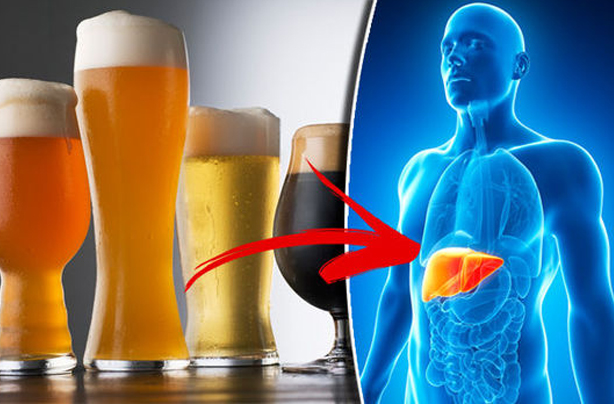The Effects of Alcohol on the Liver
Alcohol abuse is something that affects nearly every organ in your body and can lead to dangerous decisions and life-threatening health problems. Unfortunately, thousands of Americans suffer from alcohol-related deaths each year. While there are luxury rehabs, like The Hope House, to help people overcome these issues, stopping the problem before it spirals is the best way to attack this.
One of the organs most affected by alcohol abuse is the liver, let’s take a closer look at how alcohol can impact this organ.

How Alcohol Affects the Liver
Alcoholic liver disease is a problem that occurs after years of heavy drinking. Over this time, scarring of the liver, and eventually cirrhosis will occur. Cirrhosis is the final stage.
While the disease does not affect all heavy drinkers, the chances of getting the disease go up the longer you’ve been drinking and the more alcohol you consume and the disease is most seen in people between the ages of 40 and 50.
There are a number of problematic symptoms associated with alcoholic-liver disease, as the disease gets worse and develops into cirrhosis, the symptoms become more dangerous.
Early symptoms include:
- Loss of energy and fatigue
- Nausea
- Poor appetite and weight loss
- Belly pain
As liver functioning worsens, symptoms can include:
- Fluid build-up in the legs and abdomen
- Redness in the palms of the hand
- Jaundice
- Confusion or problems thinking
As these problems develop further, major health complications can arise and cause serious damage and even life-threatening issues.
One of the most dangerous complications comes from a buildup of toxins in the brain. When the liver is damaged by cirrhosis, it can’t clear toxins from the blood the same way a healthy liver can. These toxins will build up in the brain and lead to mental confusion and difficulty concentrating.
Unfortunately, this isn’t where the problem ends. As the issues progress, it can cause problems such as unresponsiveness and even coma.
Preventing Alcoholic Liver Disease
Despite these dangerous problems, there are certain things that you can do to improve your situation and reduce your risk of liver cirrhosis.
As you may have guessed, the most important thing you can do to reduce your chances of being diagnosed with cirrhosis is to reduce your alcohol intake or stop drinking altogether. If you already are dealing with some sort of problem with your liver, avoid alcohol.
Along with reducing alcohol use, there are other lifestyle changes you can make to put yourself in a better situation to help avoid these problems, including:
Maintain a healthy weight – Being overweight is an increased risk factor of liver cirrhosis, to better avoid this dangerous problem, you should do your best to regulate your weight and achieve a healthy
Eating a healthy diet – Eating properly will not only help with immune system functioning and but can also help with regulation.
Hepatitis is another large risk factor for cirrhosis, in fact it is one of the leading causes of the disease. Avoid sharing needles and unprotected sex to reduce risk of hepatitis and, in turn, cirrhosis.
While some alcohol here and there isn’t bad, dedicating a lot of your time to drinking or drinking in high volume is something that can lead to serious and debilitating consequences that can cause life-threatening problems.
